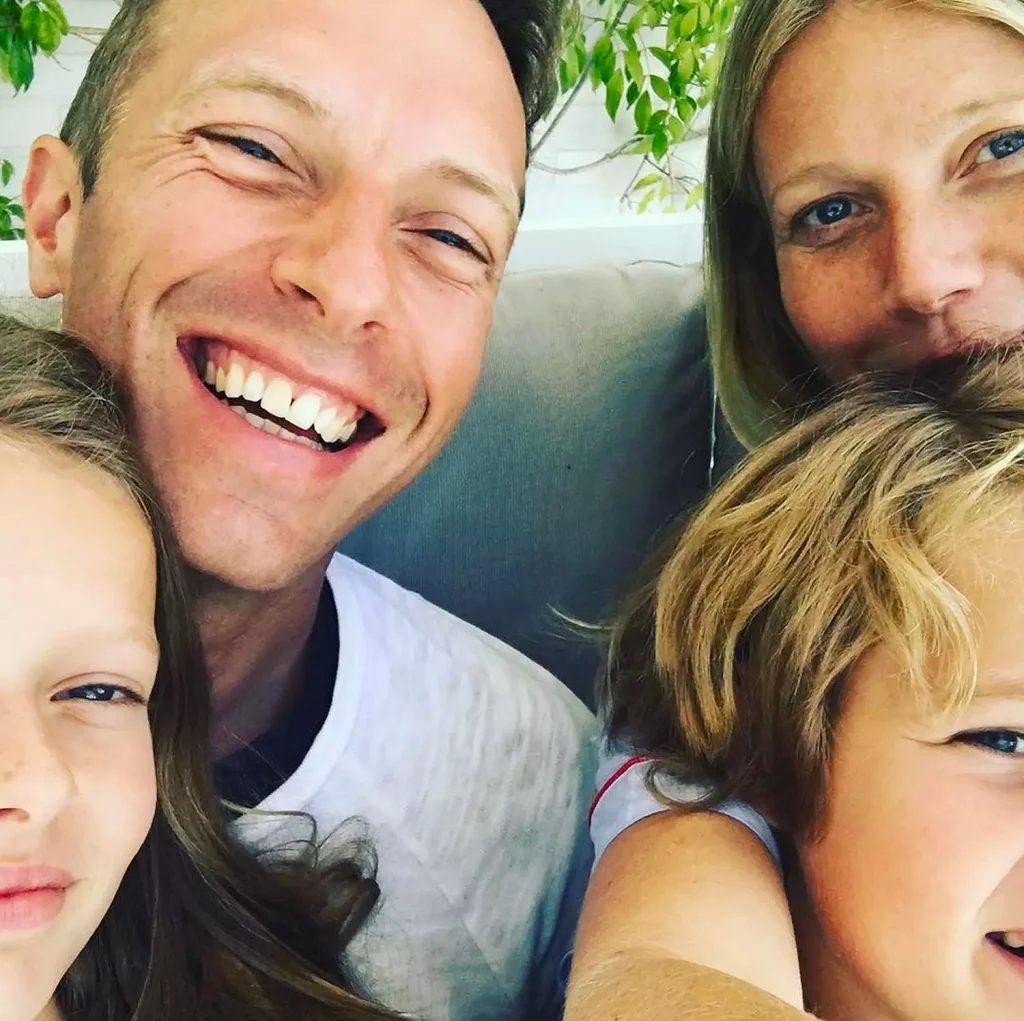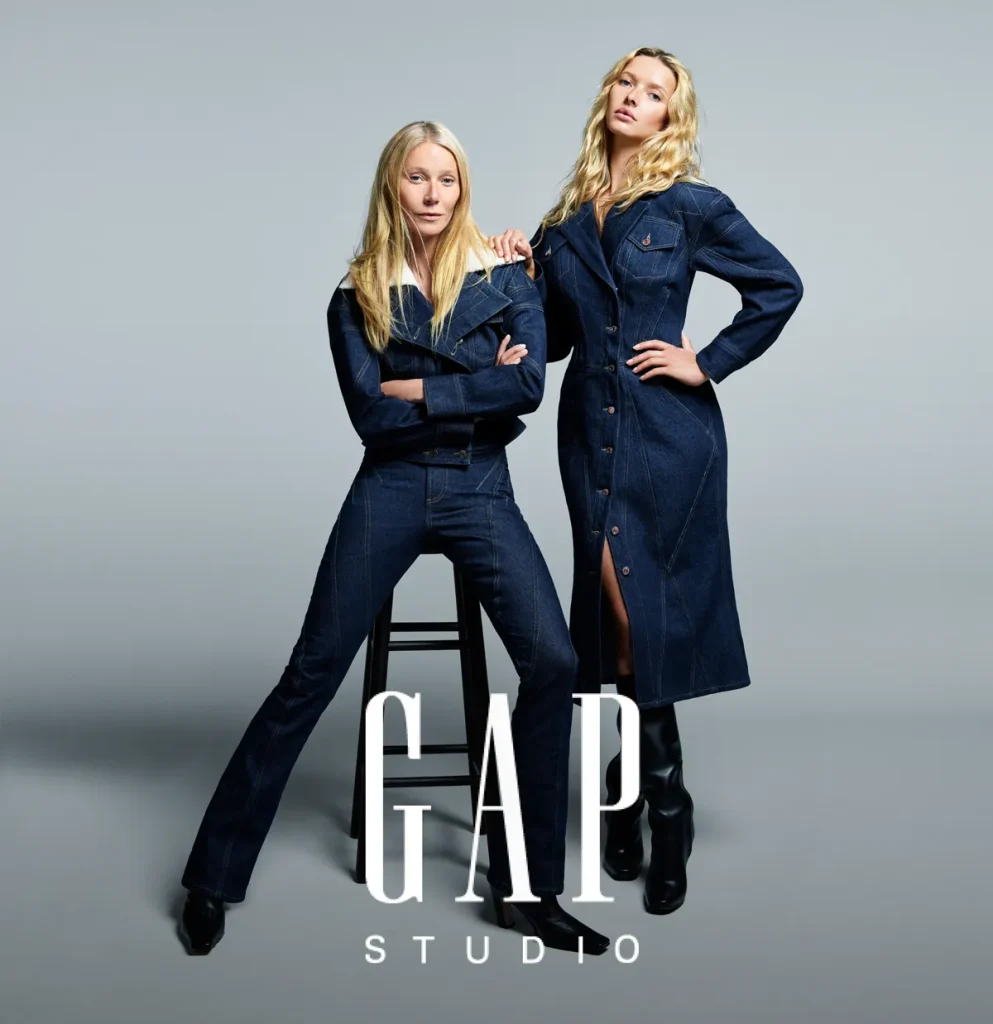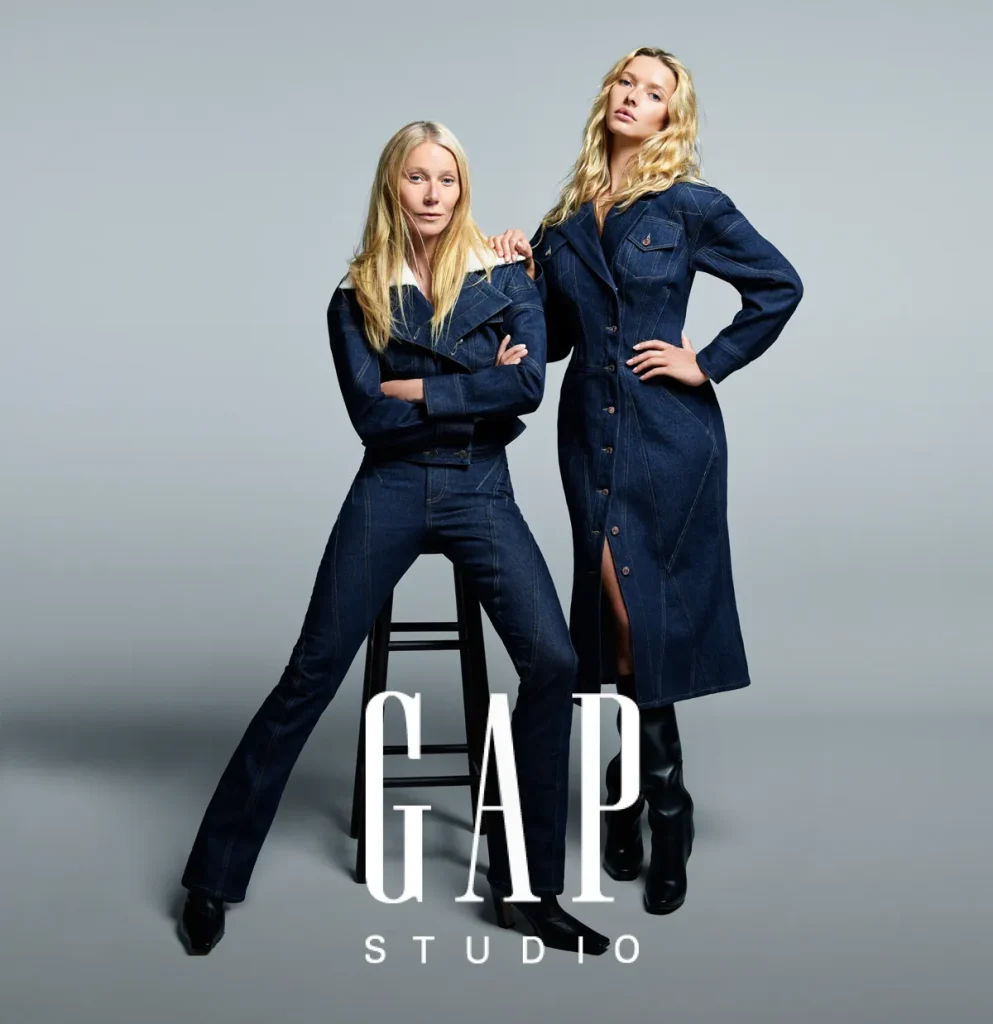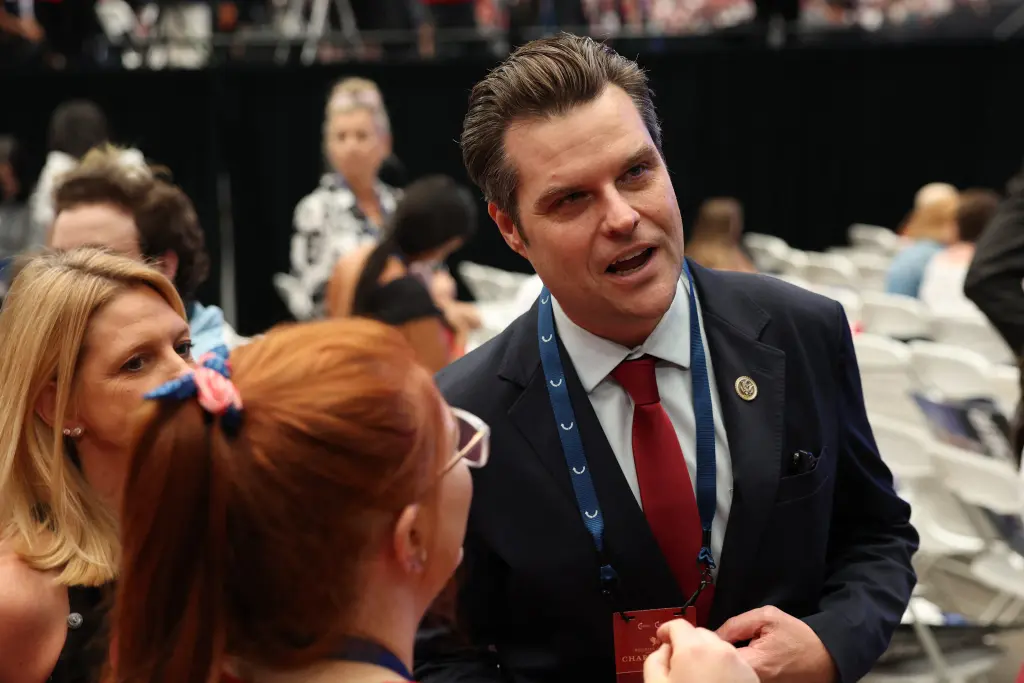Daughter of Gwyneth Paltrow and Chris Martin Opens Up: “I Know This Is Not a Normal Way to Grow Up”
The moment Apple Martin describes when she says, “I constantly remind myself how grateful I am to have these opportunities. I know this is not a normal way to grow up by any means,” feels both honest and quietly courageous. Being the daughter of Gwyneth Paltrow and Chris Martin comes with obvious privileges—but also unexpected pressures that she clearly understands. In a new interview, Apple acknowledges her unique upbringing while also crediting her parents for grounding her in real values, saying, “But my parents did a really good job of instilling in me that I shouldn’t be entitled to anything. I have to work.”

It must have felt strange as a child to be known as the daughter of people whose names were on everyone’s lips. Gwyneth Paltrow, award-winning actress and lifestyle entrepreneur, and Chris Martin, frontman of Coldplay, are both global figures. Apple was born in London in May 2004 and shares a younger brother, Moses Martin, born in 2006. Wikipedia+2Vanity Fair+2 Yet in spite of all that, she’s spoken repeatedly about how her parents ensured she knew the worth of effort and the importance of being grounded. When Apple says she has to work, it’s a simple but potent reminder that even behind glamour and fame there’s a human story of showing up, trying, learning.

In the interview she also recognizes that her upbringing was far from ordinary: “I know this is not a normal way to grow up,” she says. Vanity Fair That frankness is refreshing. Because privilege doesn’t erase the complexities of identity, belonging, expectations, self-worth. She seems aware that having famous parents doesn’t automatically mean she has a clear path, or that life will just roll smoothly. She’s insisted repeatedly that the message she received was: value the opportunity, don’t take things for granted, and create your own story.

What’s particularly interesting is how this message plays out in her daily life. Apple is carving a space for herself—not simply as “Gwyneth Paltrow’s daughter” or “Chris Martin’s daughter,” but as her own person exploring interests, options, identity. She’s studying, learning, and allowing herself to grow in private ways even as her public profile rises. Her recognition that gratitude is central—and that she needs to keep her feet on the ground—is a strong signal of inner awareness.

Thinking about Apple growing up, I imagine the dual realities: on one hand the incredible access, the level of attention, the world leaning in; and on the other hand the quiet moments of self-reflection, the desire to be valued for who she is rather than where she comes from. She says she has to work—a statement that might sound simple, but in that simplicity lies a challenge: to build something meaningful, to show up authentically, to prove to herself more than anyone else that she’s not just benefitting from family name but forging her own path.
The voice of a young woman who knows she’s stepping into a spotlight—but also wants to be seen beyond the glare—is compelling. Apple’s comment about constantly reminding herself how grateful she is rings like a mantra of humility rather than a boast. And in this world we often see only the surface of celebrity lives; hearing someone say “this is not normal” and still affirm “my parents did a really good job instilling this” gives the glimpse of real care behind the public image.
It doesn’t mean everything is easy for Apple. The expectations may feel heavy, the comparisons inevitable, the assumption of entitlement everywhere. But rather than reject the fame or hide from it, she seems to be consciously engaging with it—acknowledging her position, honouring her parents’ efforts, and choosing to define her own version of success. Maybe for her the real triumph isn’t in being known, but being true.
And maybe the most resonant takeaway here is simple: No matter how many doors are open, the work of self-respect, of awareness, of humility doesn’t happen by itself. It happens in the quiet conversations, the internal reminders, the moments when you decide not to coast. Apple Martin’s reflection reminds us that privilege and possibility don’t replace purpose—they simply change the stage on which the purpose plays out.



